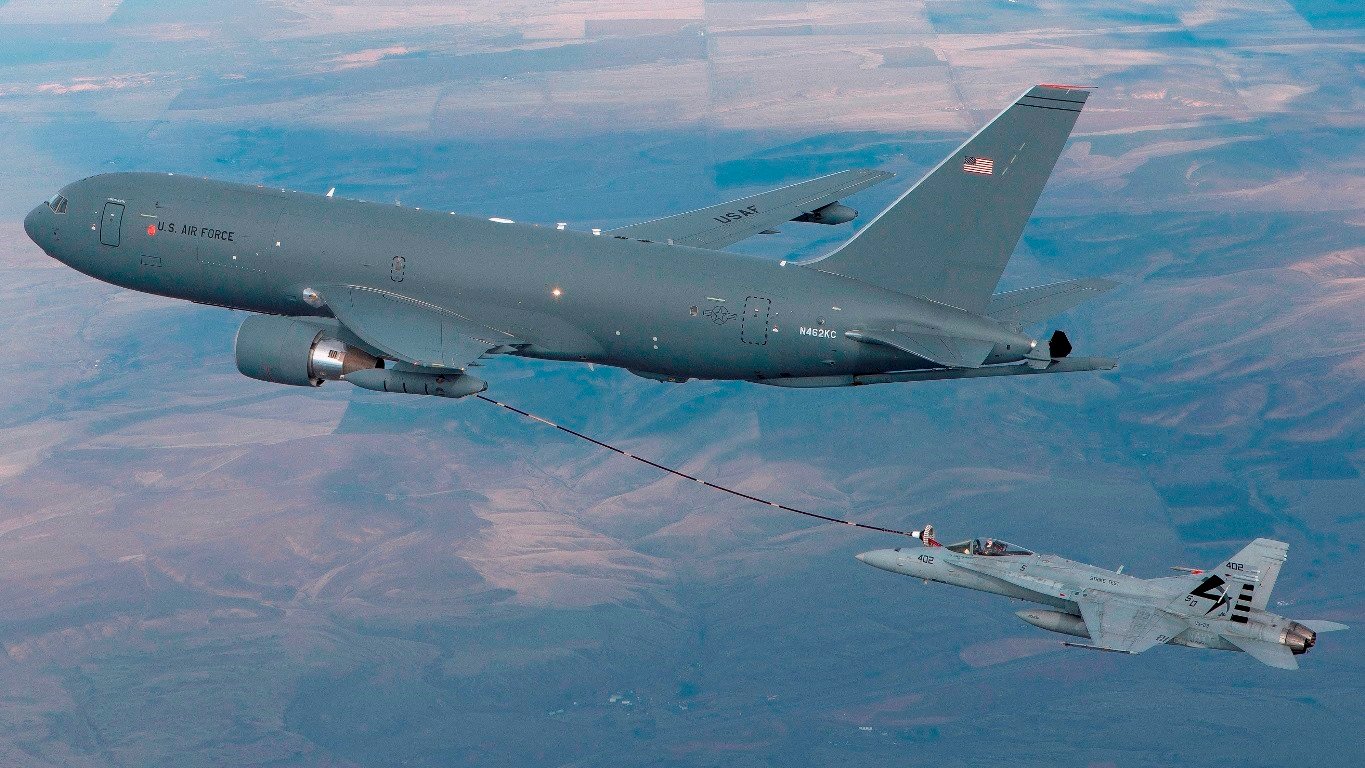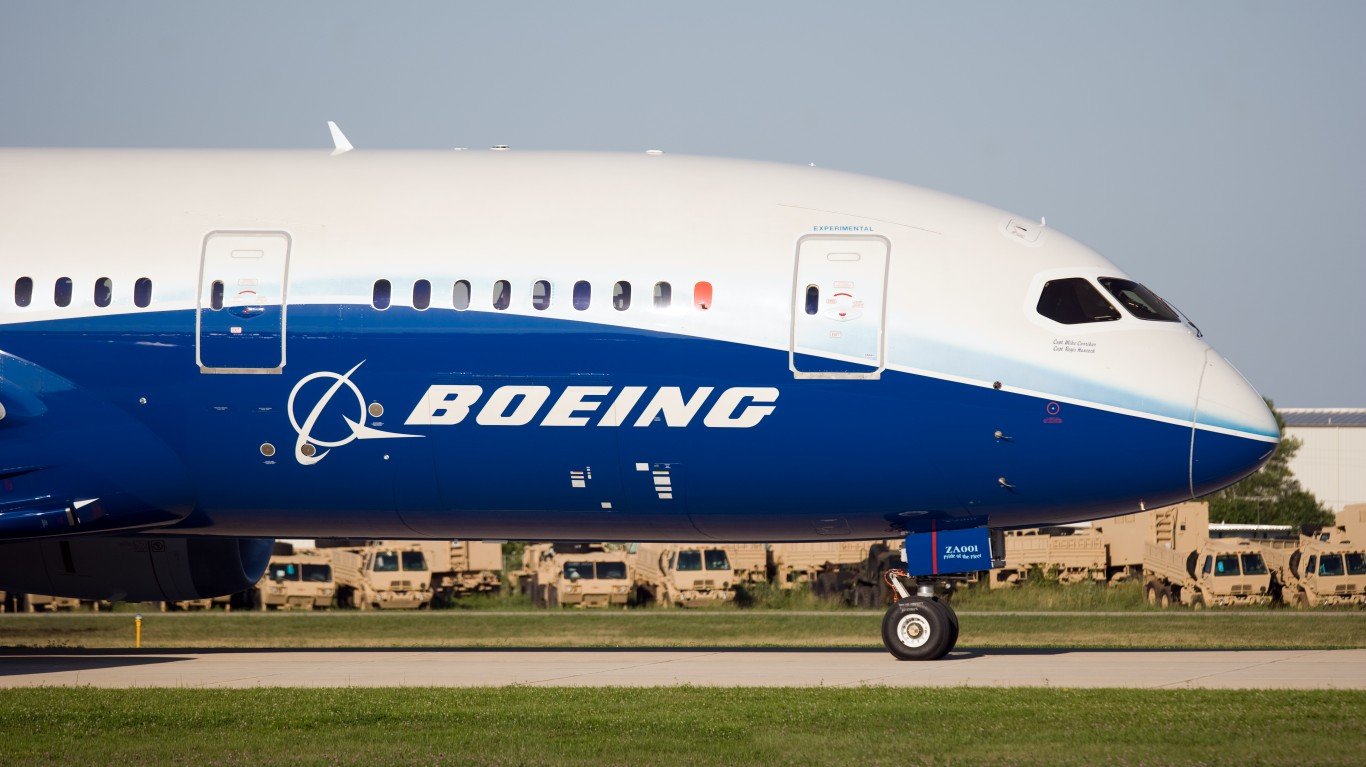

In December, the U.S. Air Force lifted a three-month ban on Boeing Co. (NYSE: BA) KC-46 tankers that had prohibited using the plane to carry cargo and passengers due to a serious (Category 1) deficiency with the plane’s cargo locks. The KC-46 is now cleared to carry cargo and passengers but remains unqualified to carry out its primary mission: refueling other Air Force aircraft in combat. Fixing that Category 1 deficiency has escaped a solution for more than two years.
Lockheed Martin Corp. (NYSE: LMT) has a contract worth some $428 billion for its F-35 joint strike fighter plane, which it has been delivering to the Pentagon even though 13 Category 1 deficiencies remain unsolved. According to a report at Bloomberg News, which obtained an advance copy of a report on the fighter jet program, the F-35 had 873 remaining software deficiencies as of last November, down from a total of 917 in September 2018 when the plane entered the combat testing phase.
The headline failure for Lockheed’s F-35 Air Force model is the inability of the plane’s 25mm cannon to hit what it’s aimed at. The gun, a GAU-22 Equalizer cannon, is built for Lockheed by General Dynamics Corp. (NYSE: GD). The cannon is mounted inside the Air Force version of the plane and externally on the Navy and Marine Corps versions, both of which performed acceptably in testing. The Air Force model performed unacceptably because “misalignments” in gun mount didn’t meet specifications.
The so-called remote-vision-system problem with the Boeing tanker was first identified in 2017. The aircraft’s refueling boom is controlled by an operator who is positioning and monitoring the transfer of fuel on a computer display, not by looking out a window. The refueling boom can scrape the surface of the aircraft being refueled, a serious issue for stealth planes because it damages the coating that gives the aircraft their stealthiness.
For Lockheed, the next delivery of F-35s (known as Block 4) has a contract value of $22 billion, and the Pentagon has flagged the 13 Category 1 deficiencies, along with many other less-serious problems, as “must-fix” issues before the plane can be considered combat-ready. Lockheed delivered 134 of the planes in 2019 and expects to deliver 141 this year. Peak production is expected in 2023.
The Air Force continues to accept new KC-46 tankers from Boeing, irrespective of the refueling boom issue. Boeing’s contract calls for delivery of 179 tankers at a contract cost of $44 billion. As of the middle of January 2020, the Air Force has taken delivery of 30 tankers even though none is yet combat-capable. The Air Force does not pay full price for the planes and won’t receive the balance until the tanker meets all requirements. A solution to the remote vision system may not be available for at least three years.
Thank you for reading! Have some feedback for us?
Contact the 24/7 Wall St. editorial team.
 24/7 Wall St.
24/7 Wall St.